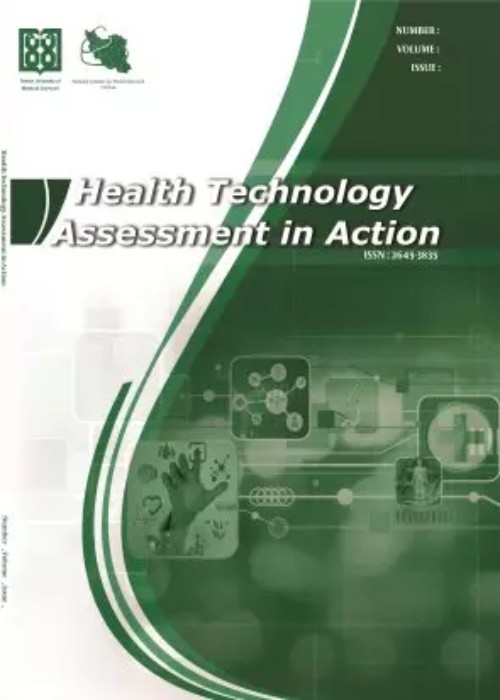Effectiveness of Cognitive-behavioral Group Therapy and Acceptance and Commitment Group Therapy in Mental, Spiritual, and Social Health of Addicts
The mental health of addicts and selection of appropriate treatment methods are of great importance. Given the role of spirituality and social health of addicts for their relapse prevention and treatment, this studyaimed to assess the effectiveness of Cognitive-Behavioral Group Therapy (CBT) and Acceptance and Commitment Therapy(ACT) in mental, spiritual and social health of addicts referred to health centers in Birjand.
It was a quasi-experimental study with a pretest-posttest design with a control group. All addicts referring to health centers on the outskirts of Birjand - the vulnerable areas of Birjand - were selected in 2018-19to performthe present study. Convenient sampling method was used to select subjects. But the selection of groups was done randomly, so that addicts were divided into three groups of 32 according to the objectives of the study. Social Well-Being Questionnaire of Keyes, Spiritual Health Questionnaire of Alisons and Palowtzin and General Health Questionnaire ofGoldberg were used in the study and groupcognitive-behavioral therapy and acceptance and commitment therapy were held in 12 60-minutessessions based on treatment protocols.
The results of Tukey post hoc test showed that the mean score of religious and existential health after the intervention in the ACT group was significantly higher than the control group. Also, the results of paired t-test showed that the mean score of religious and existential health in the ACT group and the mean score of religious health in the CBT group were significantly higher after the intervention than before intervention (p <0.001).The results of Tukey post hoc test also showed that the mean of social actualization, social solidarity, social cohesion, social acceptance and social participation in the ACT group after the intervention was significantly higher than the control group. The results of paired t-test showed that the mean scores of social actualization, solidarity, cohesion and participation in the ACT group and the mean scores of social acceptance and cohesion in the CBT group after the intervention were significantly higher than before it. The results also showed that the mean score of physical health, low anxiety, non-dysfunction and low depression in the ACT and CBT groups after the intervention were significantly higher than the control group (P<0.001).
The results showed that both ACT and CBT have been effective on the mental, spiritual and social health of addicts. But the ACT plays a greater role in the mental, spiritual and social health of addicts.
- حق عضویت دریافتی صرف حمایت از نشریات عضو و نگهداری، تکمیل و توسعه مگیران میشود.
- پرداخت حق اشتراک و دانلود مقالات اجازه بازنشر آن در سایر رسانههای چاپی و دیجیتال را به کاربر نمیدهد.


